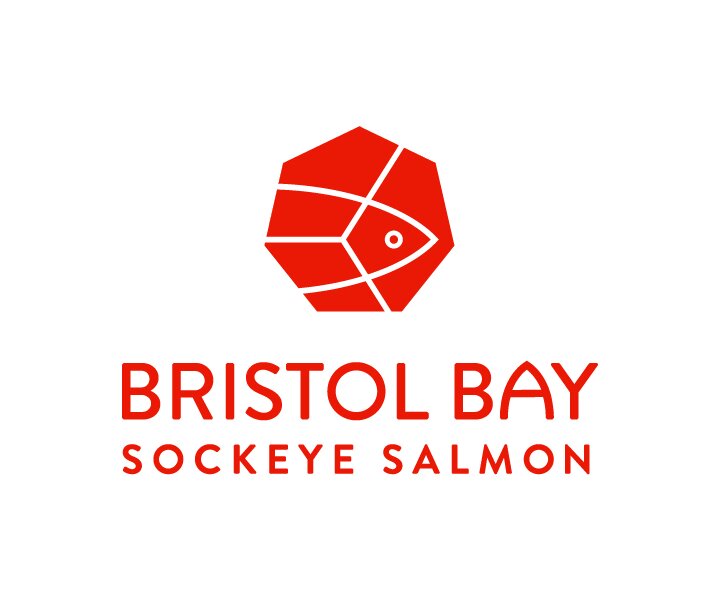EPA Disappoints with Reversal of Clean Water Act Proposed Protections
/Today the Environmental Protection Agency (EPA) withdrew it’s proposed determination to restrict mining activities in Bristol Bay, Alaska under section 404(c) of the Clean Water Act. This is an outrageous, astonishing action by the Trump administration’s EPA that pushes aside three years of peer-reviewed, rigorous scientific study and extensive public involvement that garnered over 1 million comments. The results of this extensive analysis were clear: large-scale copper and gold mining could have devastating effects on the world’s largest wild salmon run in Bristol Bay, Alaska.
The Bristol Bay Regional Seafood Development Association (BBRSDA) represents commercial fishermen in the region. The BBRSDA’s mission is to enhance the economic value of regional seafood resources, and is funded by a 1% self-assessment from driftnet landings of Bristol Bay salmon.
BBRSDA’s executive director Andy Wink has issued the following statement regarding the EPA’s recent actions; “Today the EPA has taken action that directly contradicts its mission, which is to protect human and environmental health. The commercial salmon fishery in Bristol Bay is the largest and most valuable wild salmon fishery in the world. It is the economic foundation of the region, a major part of Alaska’s economy and sustainably employs residents of nearly every U.S. state – creating far more jobs than the proposed mine. Salmon flourish in the Bristol Bay watershed like nowhere else on earth because of pristine habitat perfectly suited to sockeye salmon. This one region of Alaska produces roughly half of the world’s sockeye salmon harvest. If there is any environmental habitat in the United States that has not yet been degraded and warrants protection under the Clean Water Act, surely Bristol Bay would be at the top of the list. On behalf of our members, we are extremely disappointed and angered by the EPA’s decision to ignore sound science and robust public process.”




